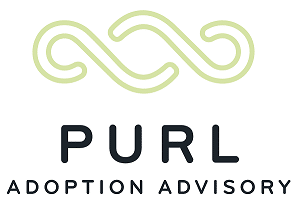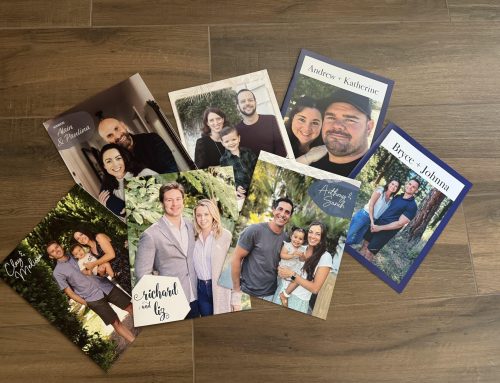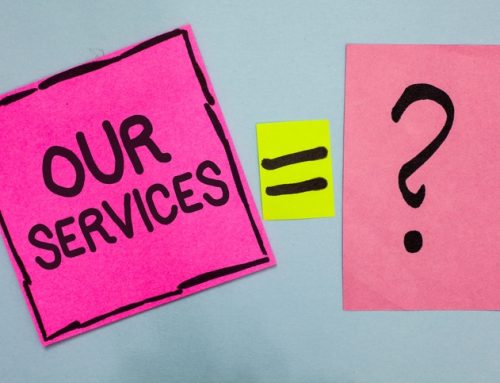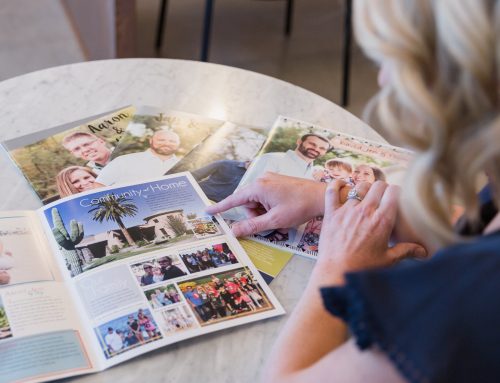
Hi there! My name is Aubrey, I am one of the Purl advisors and today I am sharing one of the biggest mistakes I made on my personal domestic infant adoption journey. Parenting is hard and it’s easy to get caught up in all the things we could have done better. My hope is by sharing a sliver of my story, prospective adoptive families that are just starting their journeys can learn from my mistake: oversharing my child’s adoption story.
Like so many others, my adoption journey began after years of infertility and trying to conceive a child naturally. Since going on two very different adoption journeys of my own, I have reflected a lot. Most of my major regrets come from our first time adopting. After hiring Purl during our second adoption, we had much more guidance through the process and learned A LOT along the way. To my surprise, much of what I learned was not only about the process of adopting a child through domestic infant adoption, but also the psychology of an adopted child and how to be the best, supportive parent I could be in some of the most formative years. It’s very eye-opening looking back at how closed off I was when talking to loved ones about our struggles with infertility, it felt very private to me and was something I held very close; when it came to my adoption journey however, I shared way too much! It never crossed my mind, sharing information about a potential adoption opportunity could have negative effects down the line, or impact my future child and family. I was experiencing so many different emotions during this time, grieving I wouldn’t have the pregnancy and birth experience, excited about becoming parents, and terrified of the unknown and potential for more heartbreak, all compounded by a constant feeling of lack of control. I would often talk to friends and family about the struggles we were experiencing and even specific details about an opportunity.
No matter what level of openness is agreed upon in your child’s adoption, their history and birth family become a part of your family history. I failed to realize that details I shared can sometimes unconsciously create unfair bias or questions from people in your lives who may not understand your child’s specific situation. It can be simple bias’s like assuming your child is behind because of something the birth mother did or did not do during pregnancy, thinking (or even saying) your child is ’so lucky’ because of ‘where they would be’ if they weren’t adopted, etc. All of which we know is not fair to the child and can cause emotional damage that the child will have to carry with them. This is something that as prospective adoptive parents, you start controlling with every adoption opportunity that comes your way and how you respond to the common questions you get from friends, community members, and family throughout your adoption journey.
As a Purl advisor, something I tell my families now, usually more than once, is that you need to look at every opportunity presented to you as if that could be your child one day. You can always share more information, but you cannot take back information you’ve already shared. Your child’s story is not yours to tell, and an adopted child’s story starts the moment their mother makes the most difficult decision to place them with a new family.
Click here to read an article that I personally found helpful about oversharing an adoption story. We also have multiple articles on this very topic to educate our families click here and here for more information.

Hi there! My name is Aubrey, I am one of the Purl advisors and today I am sharing one of the biggest mistakes I made on my personal domestic infant adoption journey. Parenting is hard and it’s easy to get caught up in all the things we could have done better. My hope is by sharing a sliver of my story, prospective adoptive families that are just starting their journeys can learn from my mistake: oversharing my child’s adoption story.
Like so many others, my adoption journey began after years of infertility and trying to conceive a child naturally. Since going on two very different adoption journeys of my own, I have reflected a lot. Most of my major regrets come from our first time adopting. After hiring Purl during our second adoption, we had much more guidance through the process and learned A LOT along the way. To my surprise, much of what I learned was not only about the process of adopting a child through domestic infant adoption, but also the psychology of an adopted child and how to be the best, supportive parent I could be in some of the most formative years. It’s very eye-opening looking back at how closed off I was when talking to loved ones about our struggles with infertility, it felt very private to me and was something I held very close; when it came to my adoption journey however, I shared way too much! It never crossed my mind, sharing information about a potential adoption opportunity could have negative effects down the line, or impact my future child and family. I was experiencing so many different emotions during this time, grieving I wouldn’t have the pregnancy and birth experience, excited about becoming parents, and terrified of the unknown and potential for more heartbreak, all compounded by a constant feeling of lack of control. I would often talk to friends and family about the struggles we were experiencing and even specific details about an opportunity.
No matter what level of openness is agreed upon in your child’s adoption, their history and birth family become a part of your family history. I failed to realize that details I shared can sometimes unconsciously create unfair bias or questions from people in your lives who may not understand your child’s specific situation. It can be simple bias’s like assuming your child is behind because of something the birth mother did or did not do during pregnancy, thinking (or even saying) your child is ’so lucky’ because of ‘where they would be’ if they weren’t adopted, etc. All of which we know is not fair to the child and can cause emotional damage that the child will have to carry with them. This is something that as prospective adoptive parents, you start controlling with every adoption opportunity that comes your way and how you respond to the common questions you get from friends, community members, and family throughout your adoption journey.
As a Purl advisor, something I tell my families now, usually more than once, is that you need to look at every opportunity presented to you as if that could be your child one day. You can always share more information, but you cannot take back information you’ve already shared. Your child’s story is not yours to tell, and an adopted child’s story starts the moment their mother makes the most difficult decision to place them with a new family.
Click here to read an article that I personally found helpful about oversharing an adoption story. We also have multiple articles on this very topic to educate our families click here and here for more information.



